On Tuesday, California Governor Gavin Newsom released his proposed 2023-2024 California budget. Unlike last year, when we experienced record surpluses, the budget recognizes that revenues are coming in well below projections and may continue to decline. The budget comes in at $297 billion dollars with a deficit of around $22.5 Billion. With declining revenue, the Governor has made some cuts to existing programs and stopped expanding other programs.
That said, education as a whole avoids most of these cuts. Proposition 98 is funded at $108.8 billion, which is $1.5 billion lower than last year’s projections but still represents a significant state investment in education. Total education funding, including all dollars, is $128.5 billion. K-12 per pupil funding totals $17,519 Proposition 98 General Fund and $23,723 when including all funding sources.
The COLA, for almost all educational programs and special education, is funded at 8.13%. Along with the Proposition 98 funding level, this is a massive win for the education community. Additionally, the Governor has funded a new equity multiplier at $300 million to provide funds for some of the state’s neediest students. This funding is the culmination of efforts by Secretary of State Shirley Weber and her daughter Assemblywoman Akilah Weber. During her time in the State Assembly, Secretary Weber always authored legislation to provide funding for these students, and her daughter continued those efforts over the last two years. The administration has finally agreed to the funding. The Governor also reaffirmed his commitment to Universal Transitional Kindergarten by 2026 ($855 Million) and strengthening the State’s Preschool Program ($116.3 Million). Additionally, the Governor funds Proposition 28, passed by voters last year. It creates a new Arts, Music, and Instructional Materials Block Grant.
Other education funding of note, includes:
- Propostion 98 Rainy Day Fund – over $8 Billion
- Literacy Recovery Emergency Block Grant – $7.9 Billion one-time funding
- Educator Effectives Block Grant – $1.5 Billion one-time funding
- $250 Million one-time funding for literacy coaches and reading specialists
- $50 Million one-time funding for professional development for educators on learning acceleration in math, literacy, and language development
- $15.2 Million for dyslexia research and screening tool pilot projects
- $15 Million one-time funding to support 6,000 teachers to receive their supplementary state certification in reading and literacy
- $10 Million one-time funding to train educators in evidence-based literacy instruction, literacy interventions, and executive functioning skills
- $30 Million one-time funding for the Charter School Facility Grant Program
- $3.8 Million to support the K-12 High Speed Network Program (K12HSN)
- $3.5 Million for all middle and high school sites to maintain at least two doses of naloxone hydrochloride or another medication to reverse an opioid overdose
Governor Newsom’s budget also continues to pursue the reforms he has targeted for the state’s Special Education Local Plan Areas (SELPAs) by implementing some new proposals. These are:
- Limiting the amount of additional funding that SELPAs are allowed to retain for non-direct student services before allocating special education base funding to their member local education agencies.
- Stabilizing current SELPA membership by extending the moratorium on the creation of new single-district SELPAs by two years from June 30, 2024, to June 30, 2026.
- Increasing fiscal transparency by requiring CDE to post each SELPA’s annual local plan, including their governance, budget and service plans, on its website.
Other than direct funding augmentations, many of Governor Newsom’s proposals will require implementing language in the education trailer bill or bills. Trailer bills are policy bills that accompany the budget, and there are usually more than 20. They contain the actual provisions that will implement the budget’s individual proposals. The trailer bill language should be out in a week or two.
At that point, the California State Assembly and California State Senate will commence budget subcommittee hearings on the Governor’s proposals. Those hearings will allow advocates to weigh in publicly and advocate for or against the proposals or for changes to them. This process will continue for several months until Governor Newsom releases his May Revision to the January budget. The Revision will account for tax receipts and the state’s current fiscal climate. It may also contain different or additional proposals the administration would like to pursue. The budget will pass on or before June 15, with the trailer bills following that date.
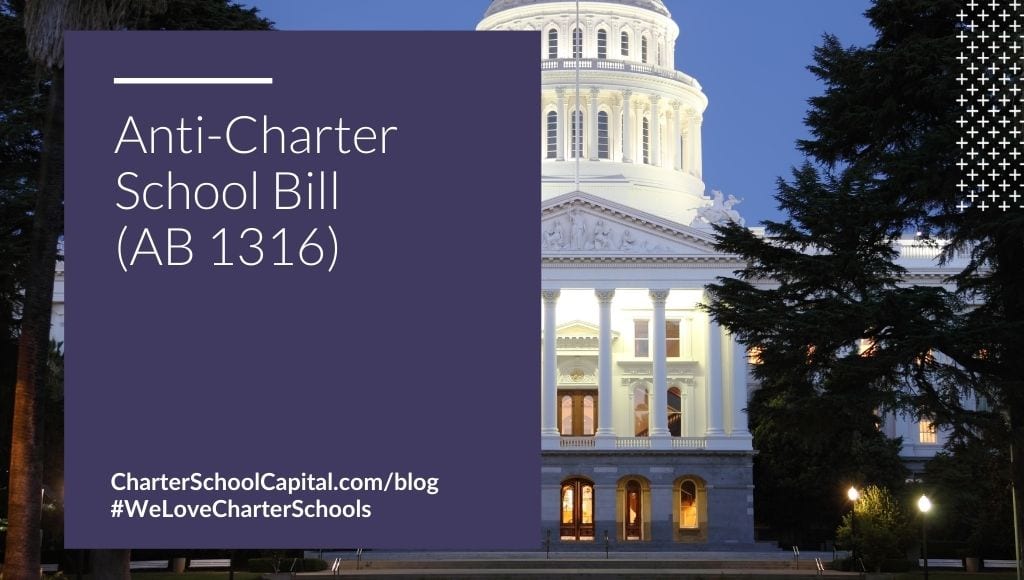
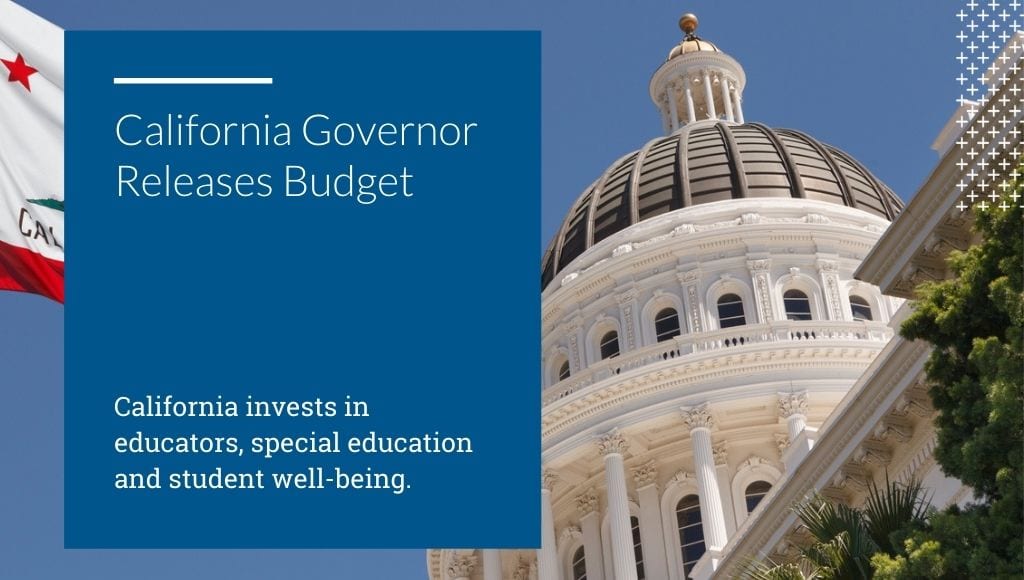
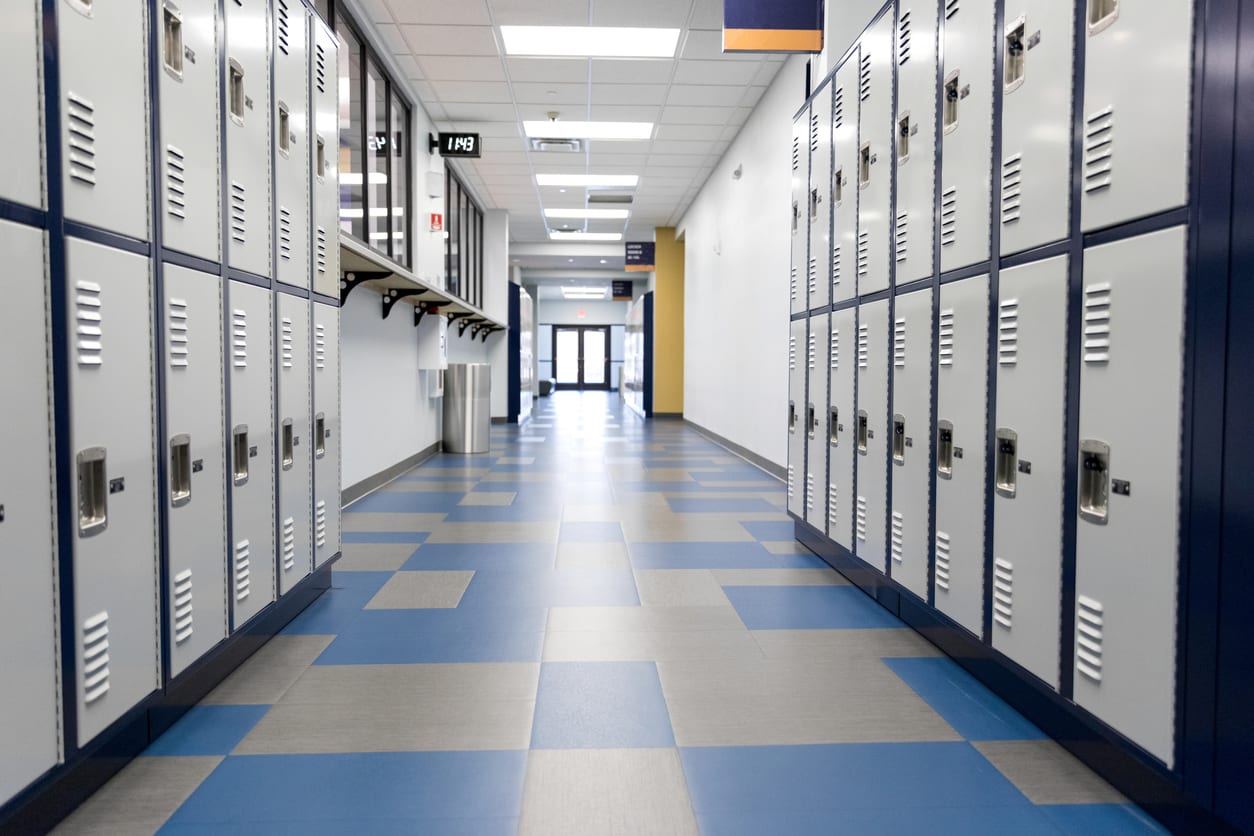
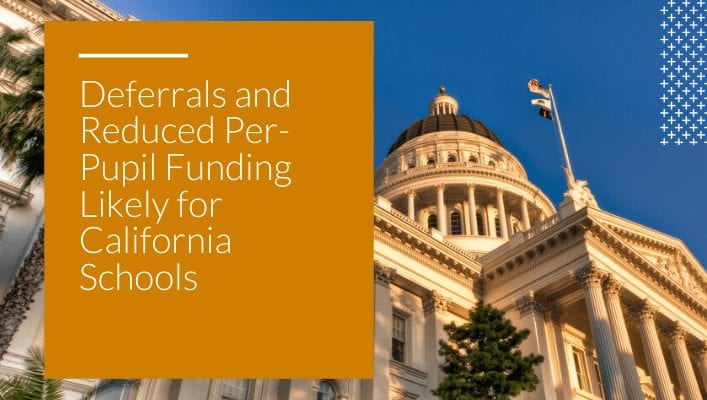
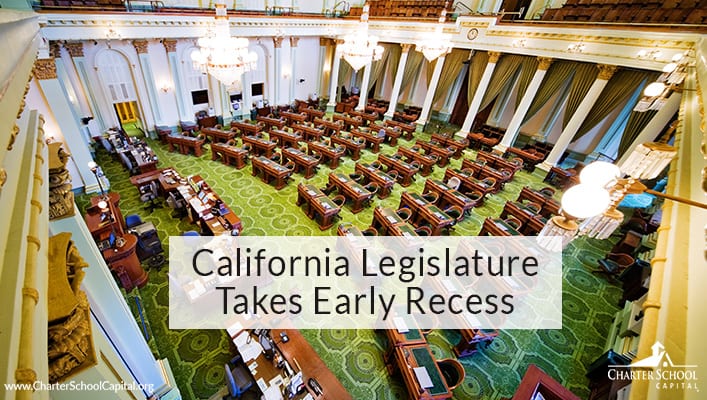 California Legislature Takes Early Recess
California Legislature Takes Early Recess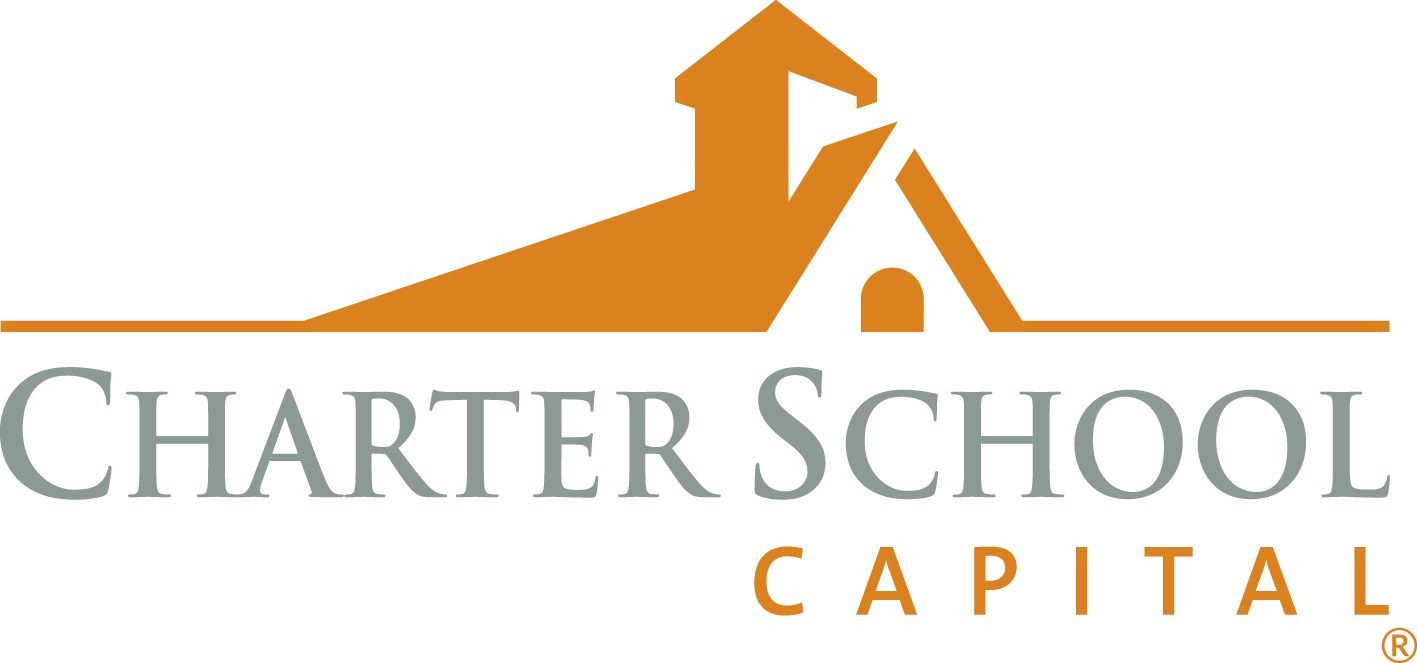
 Tuesday’s California Election Results
Tuesday’s California Election Results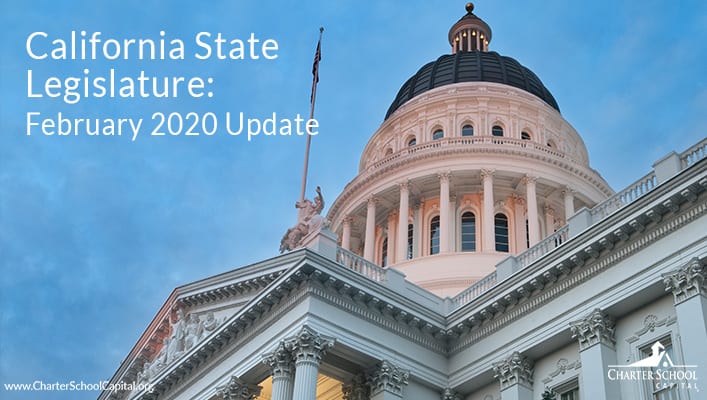 California State Legislature: February 2020 Update
California State Legislature: February 2020 Update